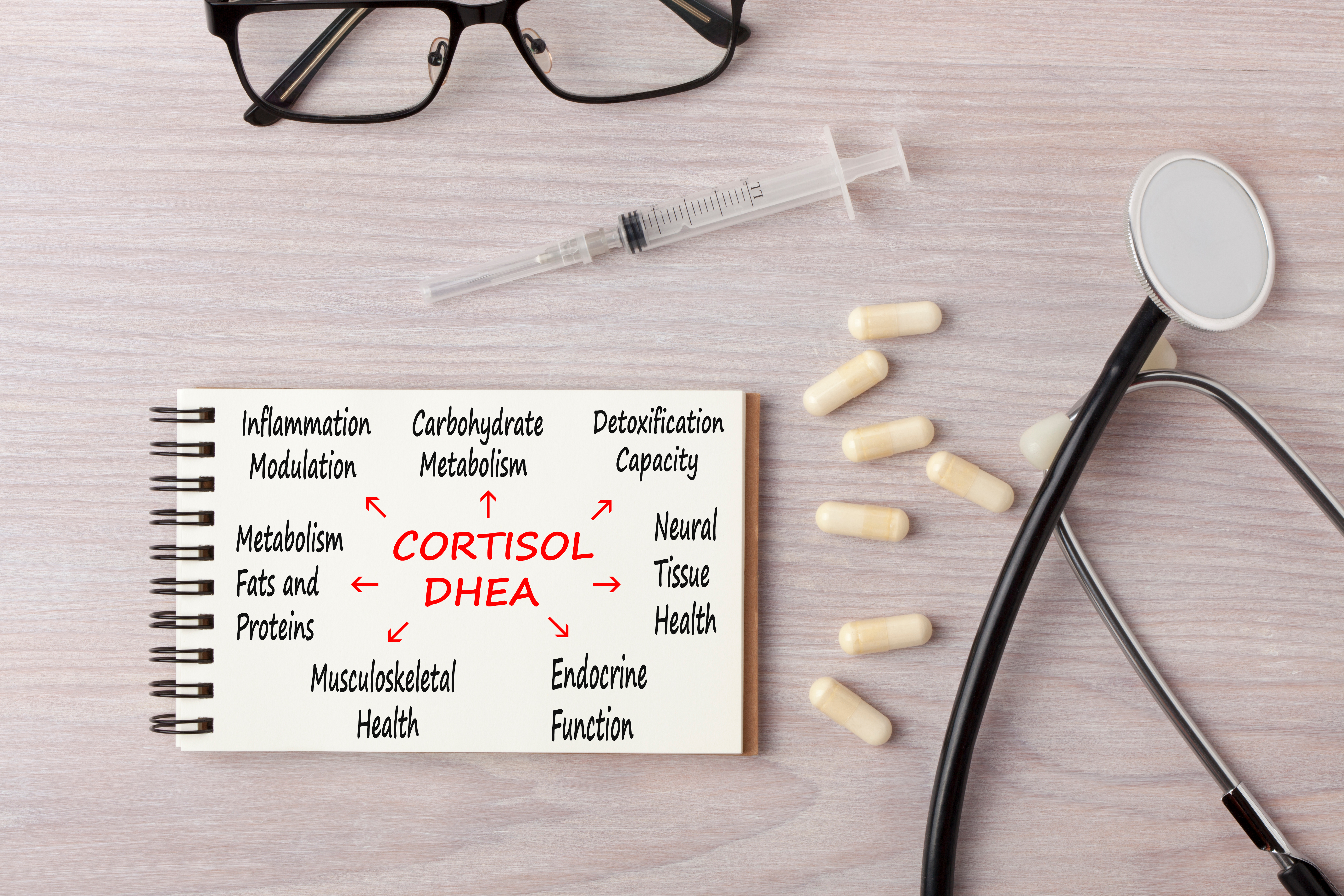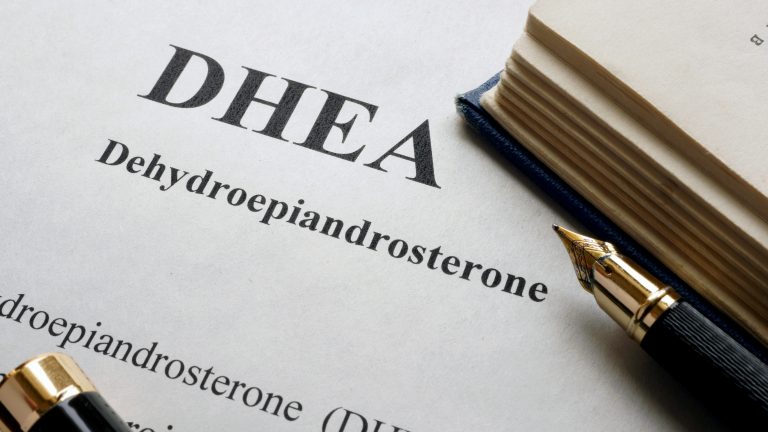DHEA reduces muscle damage incurred as an of intensive physical exertion. Despite the fact that DHEA has been discarded as a supplement in the sports world, American and Taiwanese researchers come to this conclusion in a human study.
What is DHEA?
DHEA is a pro-hormone, and perhaps also a “true” hormone. Most of the DHEA in your body is produced by your adrenal glands. Enzymes can convert it into testosterone, estradiol, progesterone and lots more hormones. That’s why most endocrinologists don’t believe in DHEA supplementation. They compare it to hormonal lead shot: you put something in your body but have no idea where it’ll be effective.
Study regarding DHEA
The researchers got 16 male students, average age 19, to train on five consecutive days. Every afternoon the students ran for 40 minutes – at 65 per cent of their maximal heart rate – and then did weight training. On 2 the subjects did an extra 45-minute running training. This training session was designed to cause considerable muscle damage.
Half of the students were given a placebo; the other half took 100 mg DHEA each day. The students took 50 mg at breakfast and another 50 mg with their evening meal.

Results of study
The DHEA group had a slightly higher blood testosterone level, but the effect was not statistically significant. What was significant was the effect on the concentration of the enzyme creatine kinase.
Creatine kinase is a classic indicator of muscle damage: the more there is in your blood, the more serious the muscle damage you’ve incurred. The concentration of this enzyme was considerably lower in the DHEA group.
In addition, the students in the DHEA group reported less muscle pain (DOMS). This effect was statistically significant too. The researchers also looked at the effect of DHEA on insulin sensitivity but found no effect.
The researchers suspect that damaged muscle cells absorb DHEA and use it to carry out repairs.
When testosterone precursors were at the height of their popularity, several studies were published on the effects of DHEA supplementation and its relative androstenedione on body composition, but the results were inconclusive. It’s possible that the subjects in the earlier studies trained less hard than the students in the American-Taiwanese study.
Or maybe this study just happens to be an exception.
“Additional research is encouraged to evaluate whether DHEA supplementation can improve training adaptation in DHEA deficient subjects, such as elderly and patients under major stress”, the researchers write. They weren’t financed by supplements manufacturers, but by the Taiwanese government.






